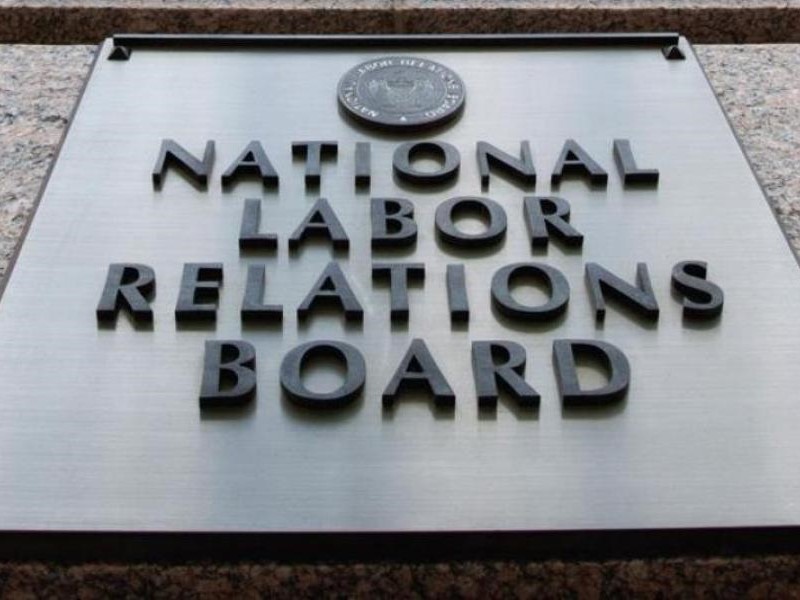The National Labor Relations Board (NLRB) recently ordered a company to recognize a union because a majority of workers supported the union when they demanded recognition and the company subsequently committed unfair labor practices (ULPs) leading up to the election. When companies commit ULPs during campaigns, the NLRB will now order companies to recognize and bargain with workers instead of rerunning elections. The NLRB further ruled that in these cases, the company’s obligation to bargain begins on the date workers demanded recognition.

In the case, Cemex Construction Materials, the NLRB ruled that when a majority of workers support a union and demand recognition, companies can either:
o Recognize the union or
o File an “RM” management petition for an election within two weeks.
If the company or the union petitions for an election and the company commits any ULP that requires rerunning an election, the NLRB will instead order the company to recognize the union and bargain with workers. Before Cemex, the NLRB ordered a rerun election when a company committed any ULP in the “critical period” between the petition and an election, unless the ULP was so minimal that it was virtually impossible for it to affect the outcome. The NLRB previously issued “Gissel” bargaining orders only when ULPs were severe and pervasive.
Importantly, companies can still wage their own lawful campaigns, so organizers need to continue to inoculate workers against all the tactics of a company’s anti-union campaign. The quickest path to recognition, bargaining, and a contract is still winning an election.
In Cemex, 57 percent of workers signed authorization cards before demanding that the company recognize their union. During the subsequent election campaign, the company committed several ULPs, including demanding that workers remove union stickers from their hardhats, instructing workers not to speak to union organizers, and threatening to close the plant. The workers lost their election 166 to 179.
The NLRB explained that they intend to deter companies from committing ULPs by providing more effective remedies against companies who interfere with free and fair elections. This decision will reduce delays in the election process and stop rewarding companies who use ULPs to hinder workers’ free choice.
How This Case Can Help You
The new standard for ordering companies to recognize and bargain with workers applies retroactively to all pending cases. It will hopefully deter companies from interfering with workers during campaigns and could make getting from demand to recognition easier and more likely.
When the NLRB orders a company to bargain, the company’s obligation dates back to the day workers demanded recognition. This is earlier than when workers win their election, in which case the company’s bargaining obligation begins on the day of the election.
The case is Cemex Construction Materials Pac., 372 NLRB No. 130 (Aug. 25, 2023). If you have any questions about this case, contact Sarah Anderson at slanderson@ufcw.org.
